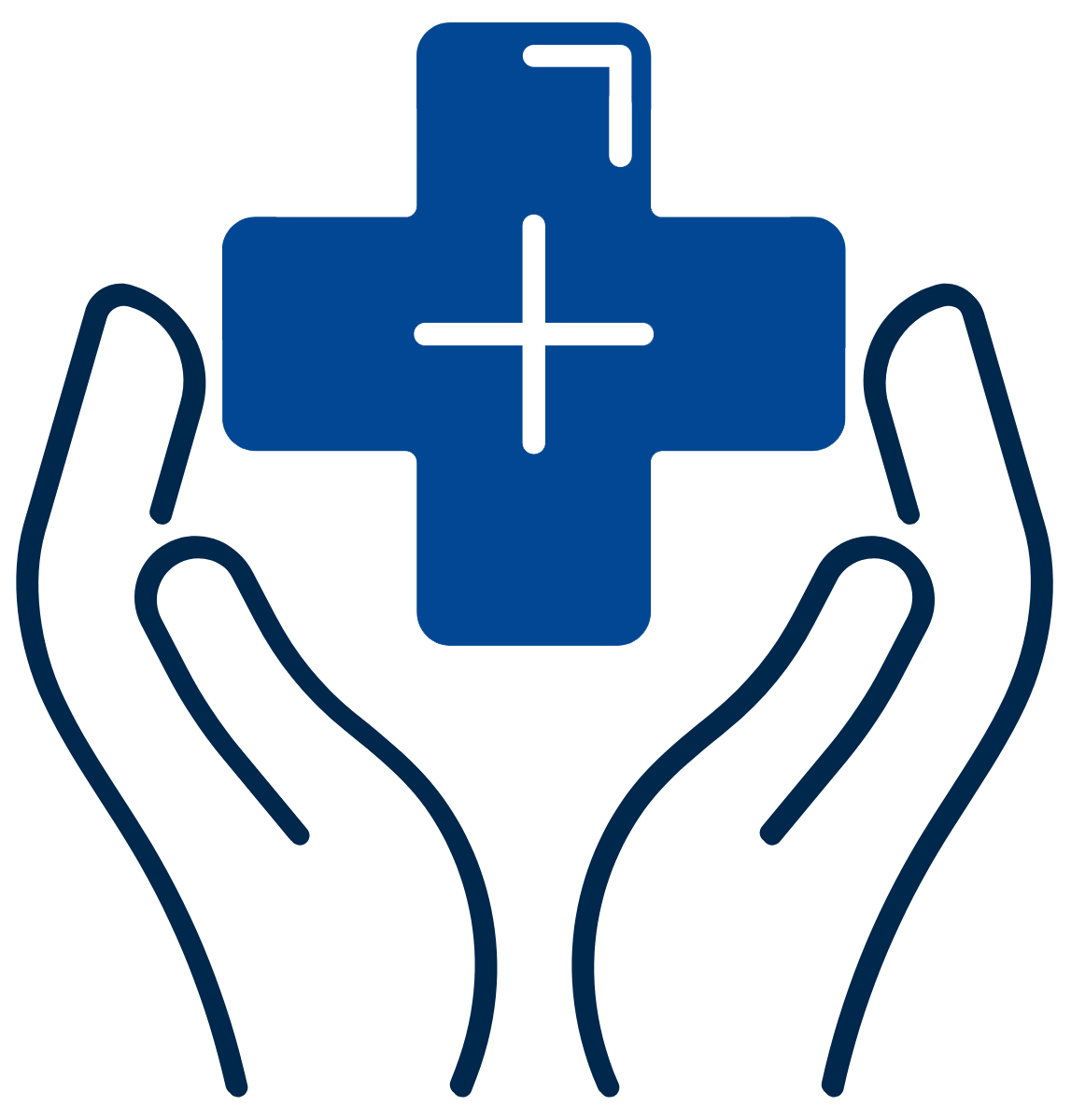Unit for Laboratory Animal Medicine
The Unit for Laboratory Animal Medicine (ULAM) partners with the University of Michigan research community to achieve the highest animal welfare standards in the pursuit of impactful science to benefit both human and animal health.
The Unit for Laboratory Animal Medicine (ULAM), part of the U-M Medical School Office of Research, is one of the nation’s oldest and most recognized programs training laboratory animal veterinarians. In addition to fulfilling its training mission, ULAM has also provided veterinary care to all animals used at the University of Michigan for over 50 years.
The proper care of laboratory animals involves attending to a range of physical and behavioral needs. This includes providing clean, appropriately lighted and well-ventilated housing, the ability to exercise and interact with con-specifics, proper nutrition, and health care.
ULAM provides a variety of services and educational offerings to support the U-M research community and the animals under their care, including:
- Laboratory animal procurement and care
- Veterinary care
- Compliance and oversight monitoring
- Personnel training
- Specialized research support services and activities, and
- Academic teaching and research programs
How ULAM supports research:

Personnel Training & Education
Provides training in the proper care and use of research animals, including the development of novel training strategies and techniques for all animal users through both online and interactive classes that focus on topics such as federal regulations, species-specific characteristics, and appropriate experimental techniques for working with animals.

Animal Husbandry & Housing
ULAM’s certified animal technicians provide a wide array of animal husbandry and housing services to U-M investigators, including cage changing; daily food, water, and health checks; cleaning and maintenance of animal rooms; monitoring of cage/room environmental conditions; and transporting animals to and from campus.

Veterinary Care & Consultation
ULAM veterinary faculty and staff conduct daily observation of all animals in University facilities to ensure and protect proper health and well-being; clinical diagnosis, physical examinations, and laboratory tests to initiate proper treatment on an as-needed basis; provides consultations on a variety of topics, including but not limited to: animal models of human disease, animal-related research techniques, and the policies of granting and regulatory agencies on the care and use of animals.

Animal Ordering & Research Support Services
Offers assistance to investigators and support staff in budget planning for research proposal preparation; provides assistance with animal ordering from approved vendors; and specialized fee-for-service research support services for investigators.

Veterinary Education Programs
Offers a variety of educational opportunities for veterinarians and veterinary students, including: veterinary clinical externships, student summer fellowships, and a postdoctoral clinical training program.
Questions?
For more information, please contact ULAM at [email protected] or (734) 764-0277. A list of ULAM contacts is also available in the Personnel Directory.